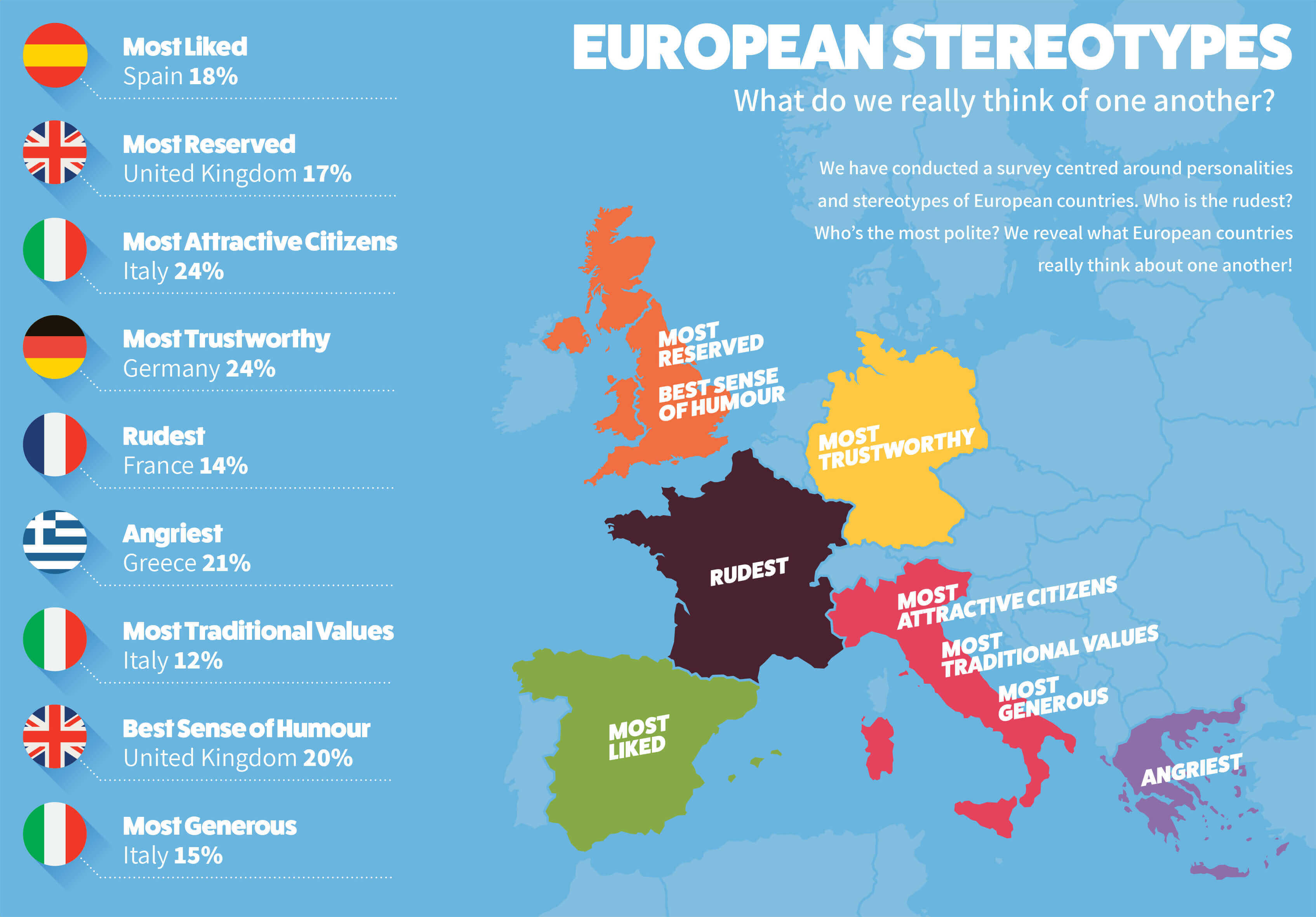Exploring Spanish Stereotypes: What Others Think and the Reality
Introduction
Spanish culture is rich with customs and traditions. However, many non-Spaniards hold preconceived notions or stereotypes about the Spanish people. Common misconceptions include beliefs that Spaniards are lazy, love naps, are devoted Catholics, and enjoy partying excessively.
As someone who has lived abroad in Spain, I experienced firsthand how different nationalities view Spaniards. The purpose of this post is to examine the origins of these stereotypes and determine how much truth, if any, they hold. I will analyze stereotypes from other countries’ perspectives and through a Spanish lens. Key stereotypes will be debunked by looking at data and realities ignored by surface views. Ultimately, focusing on shared human experiences builds cross-cultural understanding beyond simplistic labels.
Life in Ireland Reveals Differing Views
During my time in Ireland, I noticed distinct differences in eating and sleeping schedules compared to Spain. The Irish believed Spaniards ate throughout the day since Spanish meals are generally later than usual mealtimes elsewhere. What they saw as hour-long midday “siestas” were actually later dinners after work not ending until 8PM or later. Expectations of soccer prowess also did not always match up with everyday Spaniards like myself.

A Spanish Perspective on Stereotyping
Many Spaniards see how their country is portrayed abroad and feel it presents an inaccurate or caricature-like view. Surveys show Spaniards being viewed quite positively by other Europeans contrary to these self-perceptions. These stereotypes likely emerge from contrasts in cultural habits rather than intrinsic traits of laziness.
Debunking Myths of Low Work Ethic
A common myth is that Spaniards are lazy, which some attribute to later starts and longer lunches at work. In reality, Spanish workspaces are filled into the late evenings after other countries have left for the day. Hard work continues out of view from 9-5 perspectives elsewhere in Europe.
The Enduring Catholic Identity
While nominally Catholic, Spain has become a more secular society with each generation. Younger Spaniards today are far less religious than stereotypes imply. Catholicism remains an important part of cultural identity for most rather than active practice of the faith.
Partying: Passion or Misconception?
Spain is renowned for its thriving nightlife scene, particularly in beach destinations like Ibiza. However, the regular Spanish lifestyle differs greatly from the stereotypical image of perpetual partying. Outdoor living and socializing over drinks is culturally valued but differs from expectations of drunken excess.
Recognizing our Shared Humanity
Beneath cultural variations, people everywhere share more similarities than differences. While diversity exists within all groups, most interactions abroad are positive on an individual level between open-minded people. Appreciating different traditions in cultural context deepens cross-border relationships.
Conclusion
Stereotypes simplify complexity while ignoring people’s full humanity. A closer look reveals hard work, varied beliefs, and balanced lifestyles in Spain as elsewhere. By opening dialogue, misunderstandings dissipate and appreciation emerges for our shared experiences across borders.